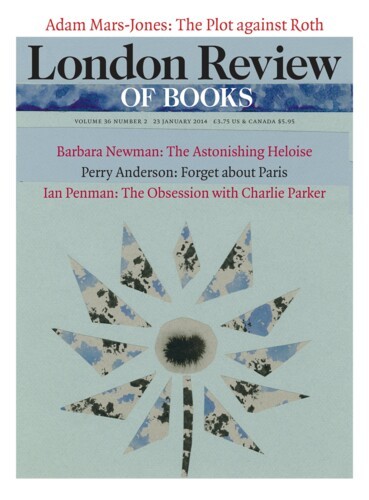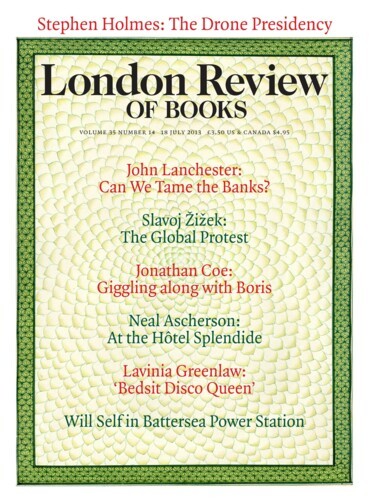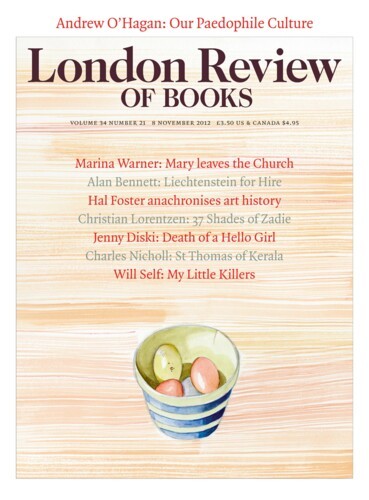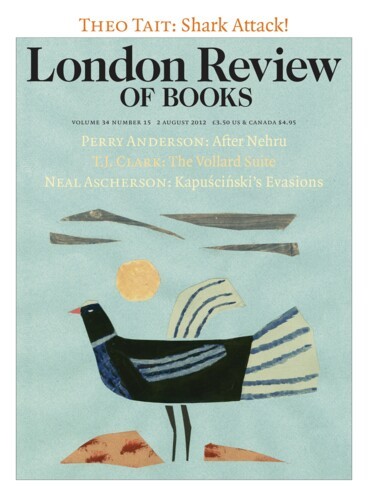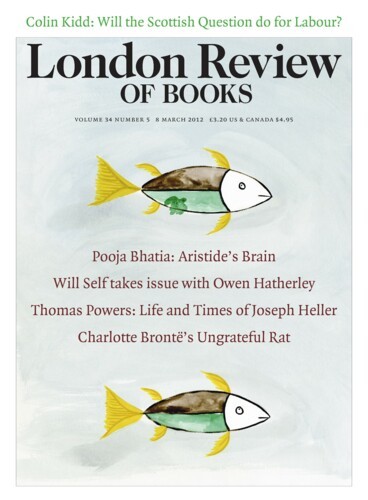The Frisson
Will Self, 23 January 2014
With Patrick Keiller’s work a suitable place to begin would seem to be the end – specifically The End (1986), the first film by him to incorporate the subject matter and use the techniques that came to typify his mature style. Seventeen minutes long, and photographed in the autumn of 1983 by Keiller and his sometime collaborator (and full-time partner), Julie Norris, The End...
